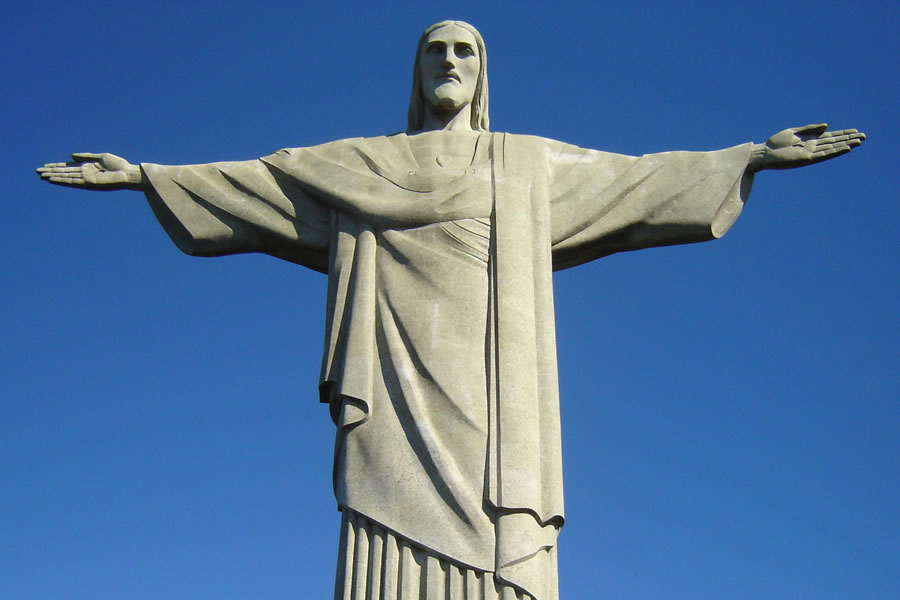
30th Sunday in Ordinary Time
10-27-2019Weekly Reflection©2019 Liturgical Publications, Inc.This Sunday’s Gospel contrasts two different religious attitudes. First, the self-righteous Pharisee. Here is a man who seems to impeccably follow the law. In some terms, he is the model citizen! Honest, fiscally generous, and faithful to his marriage vows. But something else lurks in his heart: pride. “O God, I thank you that I am not like the rest of humanity … or even like this tax collector.” For the Pharisee, no fault can be admitted. The only way to stay on top is to preserve one’s image — even to God, it seems! — and point out the flaws of others from the pedestal.
In the back of the temple, hidden and bowed down, is the tax collector. “O God, by merciful to me a sinner.” This man’s prayer is one of supplication and petition. He isn’t afraid to express his sinfulness and misery. This, Jesus says, is the one who “went home justified.” How many times have we heard the mission of Jesus to seek and save the lost? Jesus is the one who dines with sinners and invites every heart to repentance. But how can we return to him if we don’t know we’ve left? How can we receive God’s grace when we’re adamant we don’t need it?
We all have within us both the Pharisee and the tax collector. We want to be sure of ourselves and to be admired in the eyes of others. Yet we also know that we are not always what we wish to present to others. We can be preoccupied with our self-image and feel anxious about our flaws being exposed. Because we do have flaws, after all. We are the sinner in need of mercy. This Sunday, will we humble ourselves enough to ask for it?
30° Domingo de Tiempo Ordinario
Continuamos en este domingo con la insistencia de la oración. Tal pareciera que sin ella la vida no tiene ningún sentido. La necesidad del ser humano de estar unido a su creador es por medio del diálogo sincero que nace de lo profundo del corazón. Los místicos y místicas a través de los tiempos nos dan catedra y ejemplo con su propia vida de lo que es el proceso de oración. No es fácil, pero sí es seguro que Dios desde siempre ha escuchado las plegarias de las viudas y los huérfanos. Su respuesta es acudir con su justicia en todo momento. “Porque el Señor es el juez y no hace favoritismo. El nunca recibirá mal al pobre, escuchará la oración del oprimido. No menospreciará la súplica del huérfano y los gemidos de la viuda.” (Sirácides 35:12-14).
El Evangelio nos narra otra hermosa parábola de Jesús, la del fariseo y el publicano. El fariseo es: arrogante y va al frente del templo, habla de sí mismo, centra su oración en la perfección, olvidando que solo Dios es perfecto. El publicano, por el contario, se sabe humilde pecador y de retiradito le pide perdón a Dios. Se siente humillado y suplica por justicia. Ahora, hablando con honestidad, se debe de admitir que algunas veces se es como el fariseo y otras como el publicano. ¿Has descubierto eso cuando haces oración? ¿Cómo te sientes al descubrirlo? El punto es que se reflexione en las últimas palabras del Evangelio de este domingo: “Porque el que se hace grande será humillado, y el que se humilla será enaltecido.”
(Lucas 18:14).